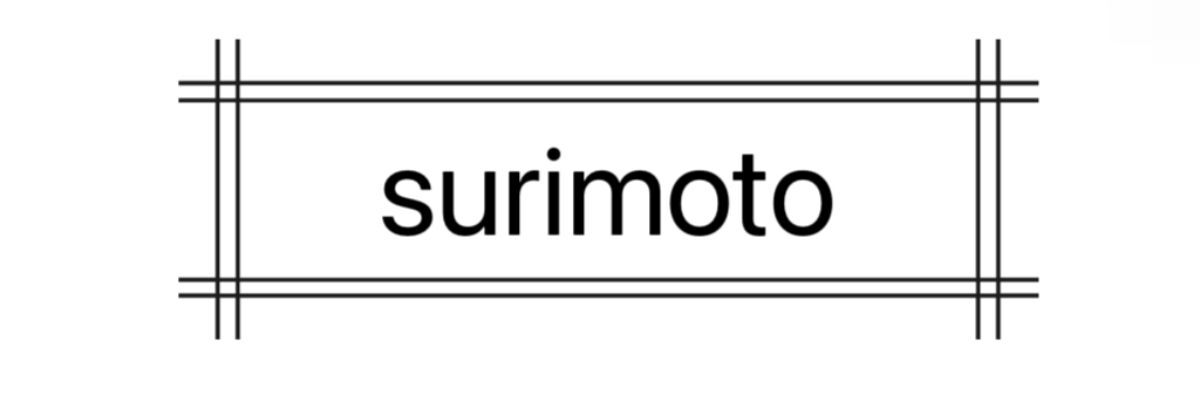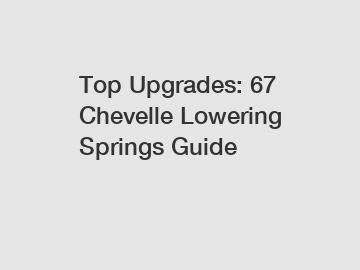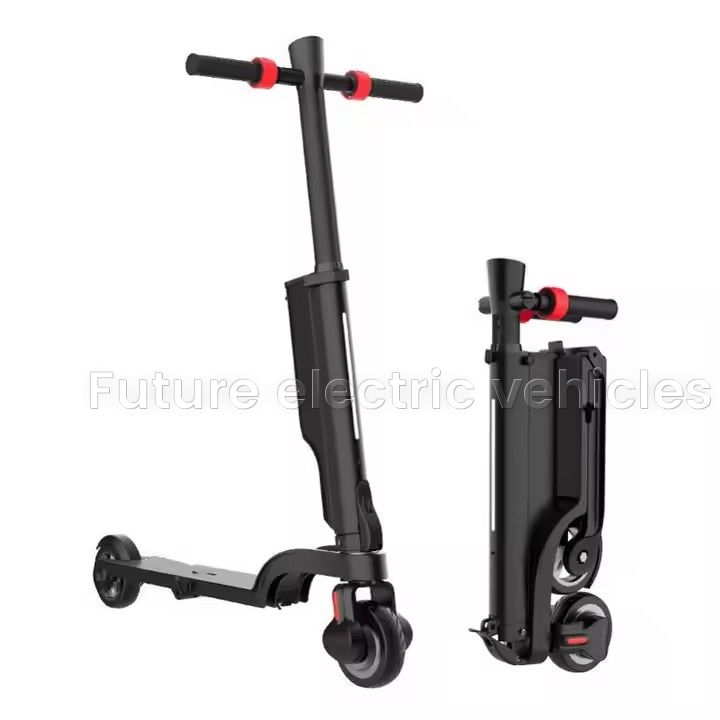Which Hydraulic Cylinder Seal Types Should You Choose?
Sep. 24, 2024
Understanding Hydraulic Cylinder Seals
Hydraulic cylinders are essential components in various industrial machines, agricultural equipment, and construction vehicles. The seals used in these cylinders are critical for their performance and longevity. Choosing the right seal type greatly affects the efficiency and durability of hydraulic systems. In this article, we will explore the different hydraulic cylinder seal types and provide insights into making the right selection.
Types of Hydraulic Cylinder Seals
Hydraulic seals come in various types, each designed for specific applications. Below are some of the most common seal types:
1. O-Rings
O-rings are circular seals that fit into a groove and create a barrier against leaks. They are versatile and used in a variety of hydraulic applications. Key benefits include:
- Cost-effective
- Easy to install
- Available in a wide range of materials
2. U-Cups
U-cups are used to prevent fluid leakage and can withstand higher pressures than O-rings. They are beneficial in applications where a tighter seal is required. Advantages include:
- High pressure resistance
- Good sealing properties
3. Rod Seals
Rod seals are specifically designed to seal the rod in hydraulic cylinders. They are critical for retaining the hydraulic fluid and preventing external contaminants from entering. Notable features include:
- Effective at low and high speeds
- Durable against wear and tear
4. Piston Seals
Piston seals operate similarly to rod seals but are specifically designed for the piston in the hydraulic cylinder. They ensure efficient movement and minimize leakage. Benefits include:
- Optimized for high-load applications
- Reduced friction, extending lifespan
Choosing the Right Seal Type
When selecting a hydraulic cylinder seal type, consider the following factors:
See also:10 Facts You Should Know about Electric Vehicle Battery Technology
1. Application Requirements
How Do You Choose the Best Used Sedan for You?
Top 5 Reasons Shacman Military Trucks Outperform Competitors
Used Mini Car Supply: Your Ultimate Guide to Affordable Models
Why do shared electric vehicles prefer pneumatic tires?
How to to Choose the Right Electric Scooter for Your Family?
How to Choose Audi TT MK1 Rear Coil Springs?
Different applications may necessitate different seal types based on the operating environment, such as temperature, pressure, and fluid type.
2. Material Compatibility
Ensure the seal material is compatible with the hydraulic fluid to prevent degradation over time. Common materials include nitrile, polyurethane, and PTFE.
3. Operating Conditions
Consider the frequency of movement and the load conditions to determine if you need a seal designed for high pressure or specific movement speeds.
Recent Trends and Data Insights
Recent surveys indicate a shift in the market towards more durable and efficient seal materials. For instance, polymers like PTFE have seen a rise in popularity due to their resistance to wear and chemical damage.
According to a 2023 industry report, 65% of manufacturers are now opting for advanced material seals over traditional rubber-based options due to their extended lifespan and superior performance. This trend emphasizes the importance of evolving with technology and understanding the latest materials available.
Conclusion
Choosing the right hydraulic cylinder seal type requires careful consideration of the application, material compatibility, and operating conditions. By staying informed about the latest trends and understanding the specifications for each seal type, you can enhance the performance and reliability of your hydraulic systems. For more detailed guidance, consider consulting with experts in hydraulic components or refer to manufacturer specifications.
Feel free to share this article with peers in the industry or reach out for further insights into optimizing your hydraulic sealing solutions.
For more information, please visit Hydraulic Cylinder Seal Types, Vacuum Brake Booster System China, Valve Engine Cover Suppliers.
See also:How to Replace Citroen C3 Coil Springs Easily
How Will Jetour Dasheng 2024 Redefine Luxury Services?
How Does Green Tesla Model 3 EV Exporter Work?
Discover the Gray Chery Jetour Dasheng 2024 Export Secrets
Top Gray BYD Dolphin 2023 Exporter Insights for 2024
How to Export the Gray BYD e2 2023?
Exploring the 2024 Export of Black Geely Xingyue L
137
0
0
Related Articles
-
104
0
0
-
99
0
0
-
97
0
0
-
83
0
0
-
124
0
0
-
118
0
0
-
110
0
0
-
84
0
0








Comments
All Comments (0)